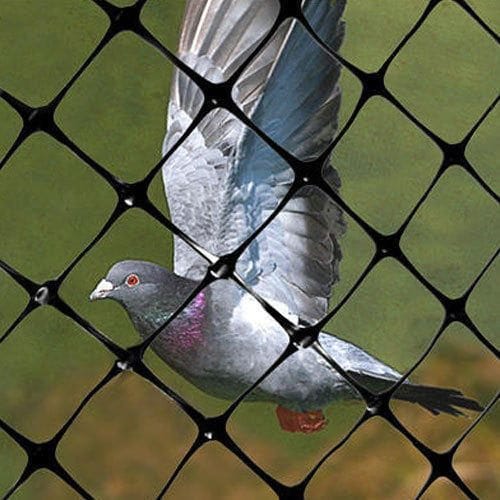Bird nets in Whitefield have become an essential solution for residents and businesses in this bustling suburb of Bangalore, India. With rapid urbanization and increasing green spaces, the presence of various bird species has become more pronounced. While the vibrant birdlife adds charm to the area, it also poses challenges, such as bird droppings, damage to property, and potential health hazards. Bird nets provide an effective and humane way to address these issues by creating a barrier that prevents birds from entering specific areas like balconies, windows, and open spaces.
These nets are typically made of durable and UV-resistant materials, ensuring longevity in the face of diverse weather conditions. They are discreet and nearly invisible, maintaining the aesthetic appeal of buildings while offering a practical solution to keep unwanted avian guests at bay. In Whitefield, where the skyline is dotted with residential complexes and commercial establishments, the installation of bird nets has become a common sight, reflecting a proactive approach to managing the coexistence of urban development and wildlife. As more individuals and businesses prioritize the installation of bird nets, the community benefits from cleaner surroundings and reduced property maintenance costs.
Beyond property protection, bird nets in Whitefield contribute to the overall well-being of the community. By mitigating the presence of birds in close quarters, the risk of bird-borne diseases is minimized, promoting a healthier living environment. This proactive measure aligns with the sustainable development goals of creating urban spaces that balance human needs with environmental conservation. As Whitefield continues to evolve as a vibrant hub, the widespread adoption of bird nets showcases the community's commitment to harmonizing the urban landscape with nature.
